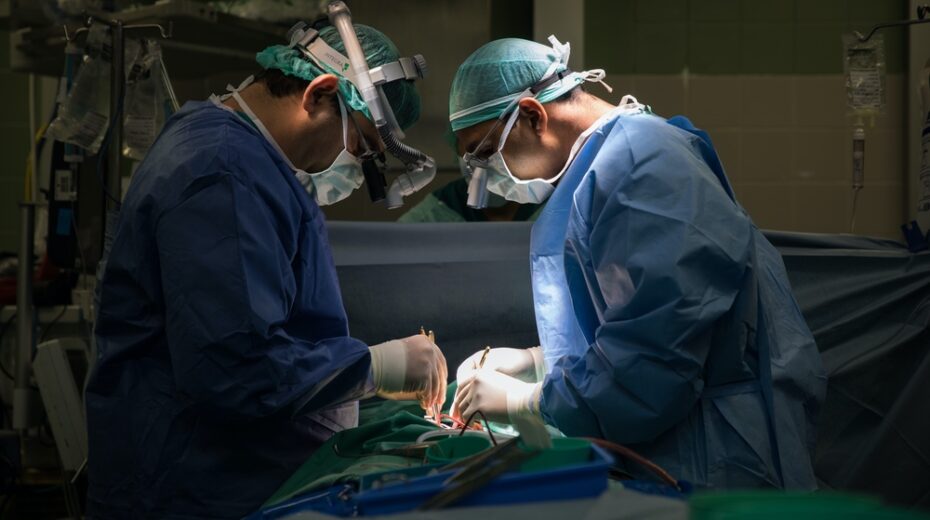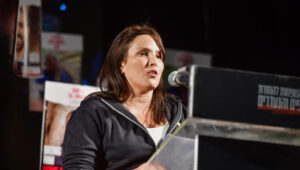Israel, as you all know, is often portrayed in mainstream media and on social networks as harboring an unquenchable hatred for Arabs in general, and Palestinians in particular.
Those who believe this trope have made themselves deaf and blind to the mountains of evidence that Israel is perhaps the only Middle East country that has any degree of genuine sympathy for the Palestinians.
Yet another example of this occurred last week when a complex, highly sophisticated medical operation was performed at Rambam Hospital in Haifa to save the life of Madchat Tapash, a seven-year-old boy from the Gaza Strip.
Tapash was born with a defect in his renal system that caused life-threatening kidney failure and an improperly functioning bladder, requiring a multidisciplinary team of specialists to repair the damage.
The operation consisted of three different surgeries conducted almost simultaneously, in which the boy’s bladder was reconstructed, a kidney donated by his mother was removed from her body and implanted in his body, and finally, Madchat’s new kidney was successfully connected to his reconstructed bladder.
For the past two-and-a-half years, Madchat has been undergoing dialysis treatment. Because of his severe medical condition, he was unable to receive the care he needed through the Palestinian Authority’s healthcare system and was transferred to Rambam by Yazid Falah, Health Coordinator for patients from the PA.
The “Think About Others” association raised funds to help pay for the child’s surgery.
Rambam assembled a large, highly skilled multi-disciplinary team from multiple hospital departments to perform the operation. Medical specialists from the Pediatric Urology Clinic, under the leadership of Dr. Akram Assadi, and the Pediatric Nephrology Institute, together with surgeons, renal implant specialists, hematologists, radiologists, anesthesiologists and pharmacists worked to create an operational plan to save the boy’s life. Professor Pinhas Livneh, formerly the Director of Pediatric Urology at Rambam, provided expert consultation and guidance.
Madchat’s mother Sumar, who has four other children, offered to donate her kidney to her son and was found to be a suitable match. “I would have given him my soul, my eyes, and that I should die so that he could live—anything to stop his suffering,” said Sumar.
Madchat had already undergone 15 surgeries and dozens of procedures.
The surgery lasted approximately 11 hours and part of the time was performed in two surgical suites simultaneously.
When it was all over, Sumar joyfully exclaimed, “It is wonderful to give a part of your body to heal your child. You feel the closeness – it is as if we were one body.”
With reporting by TPS















